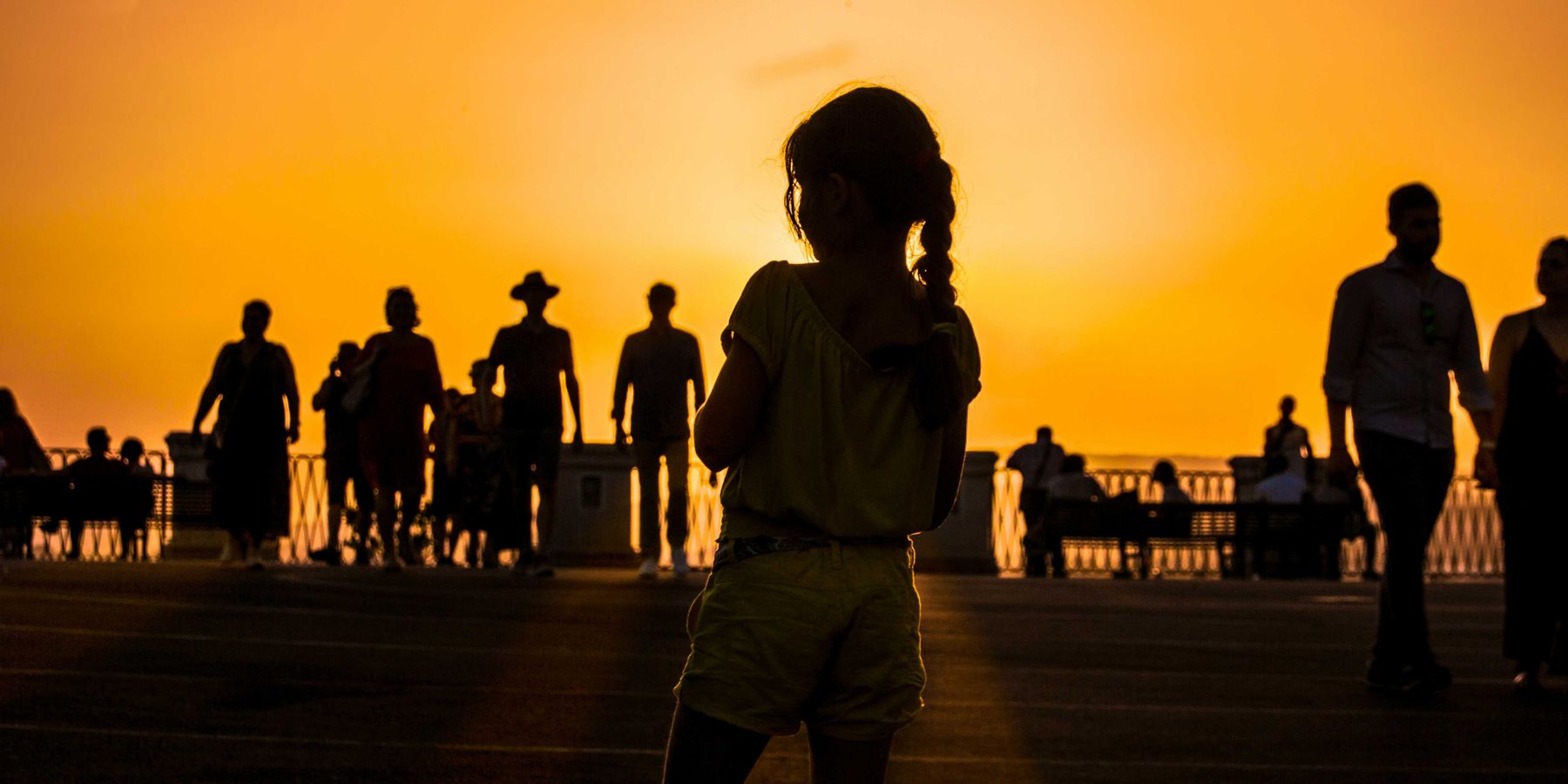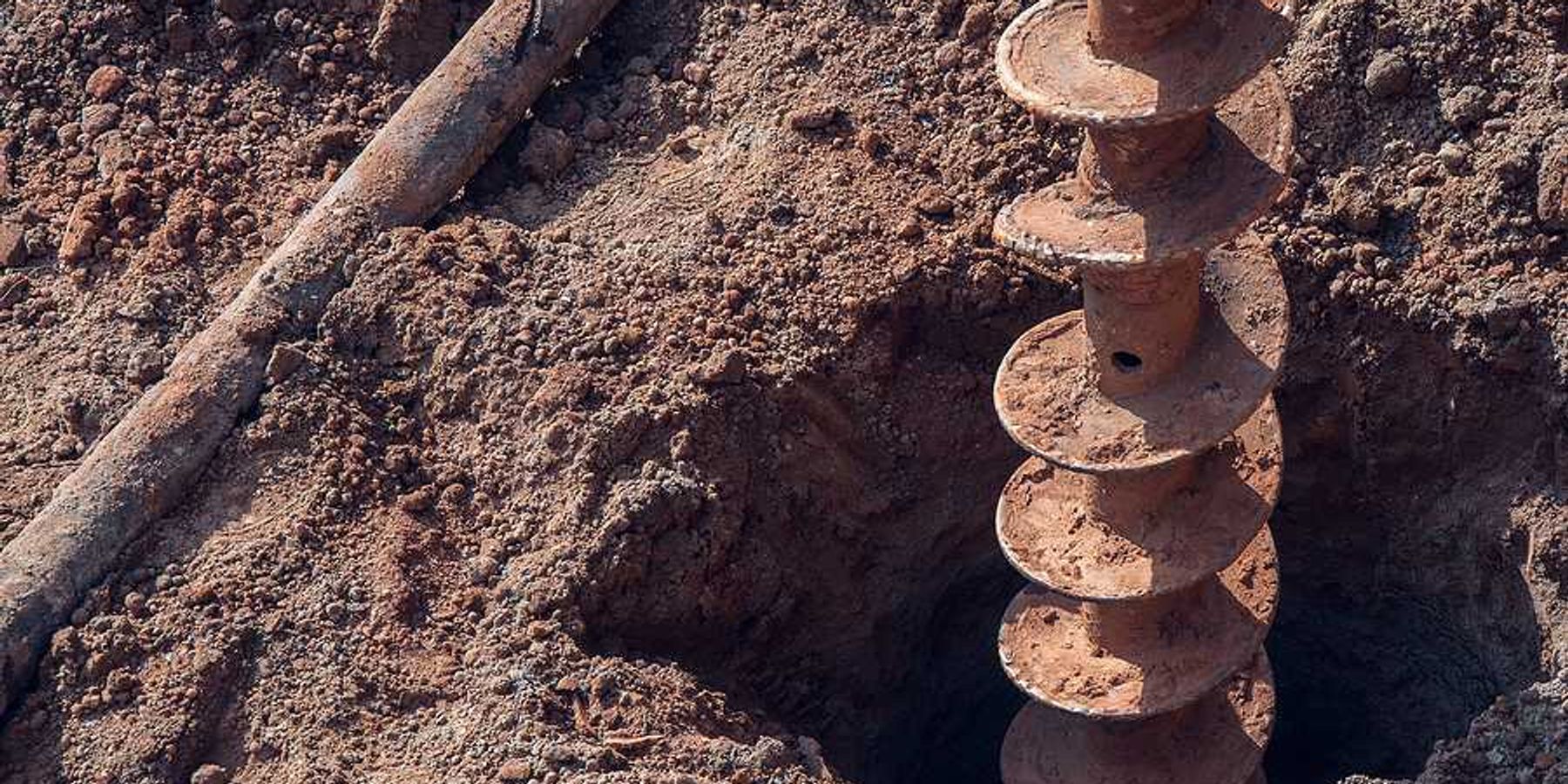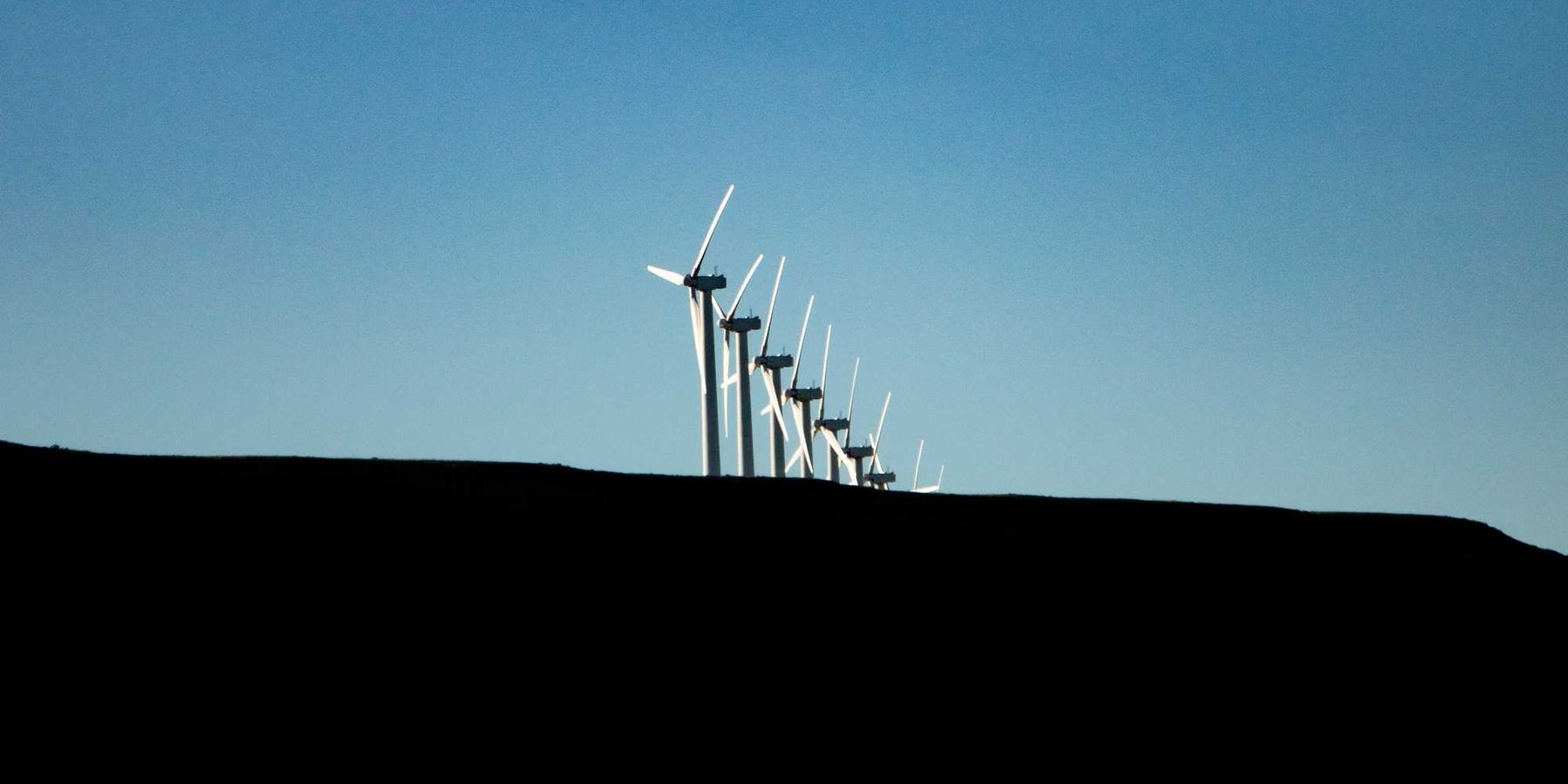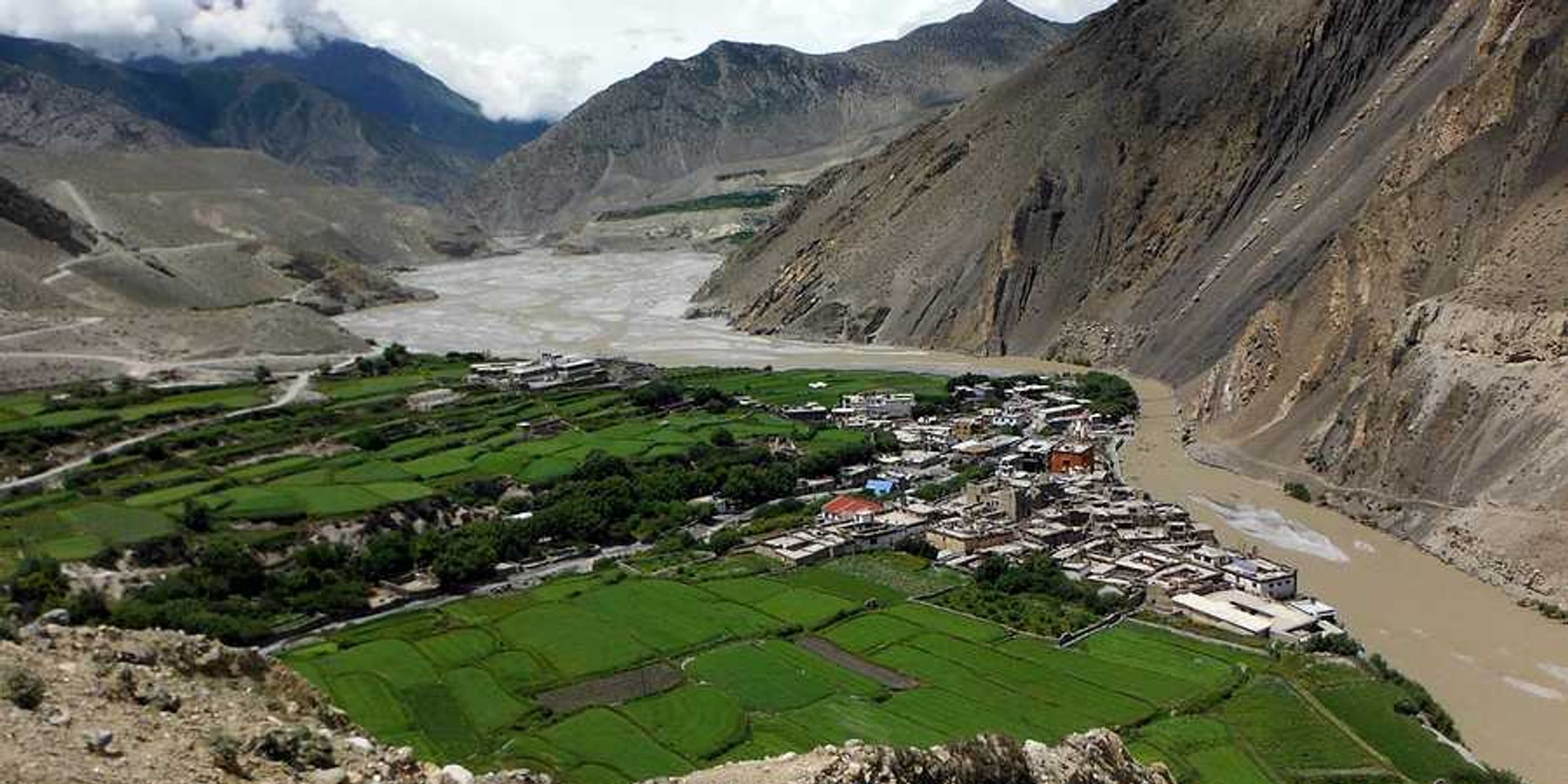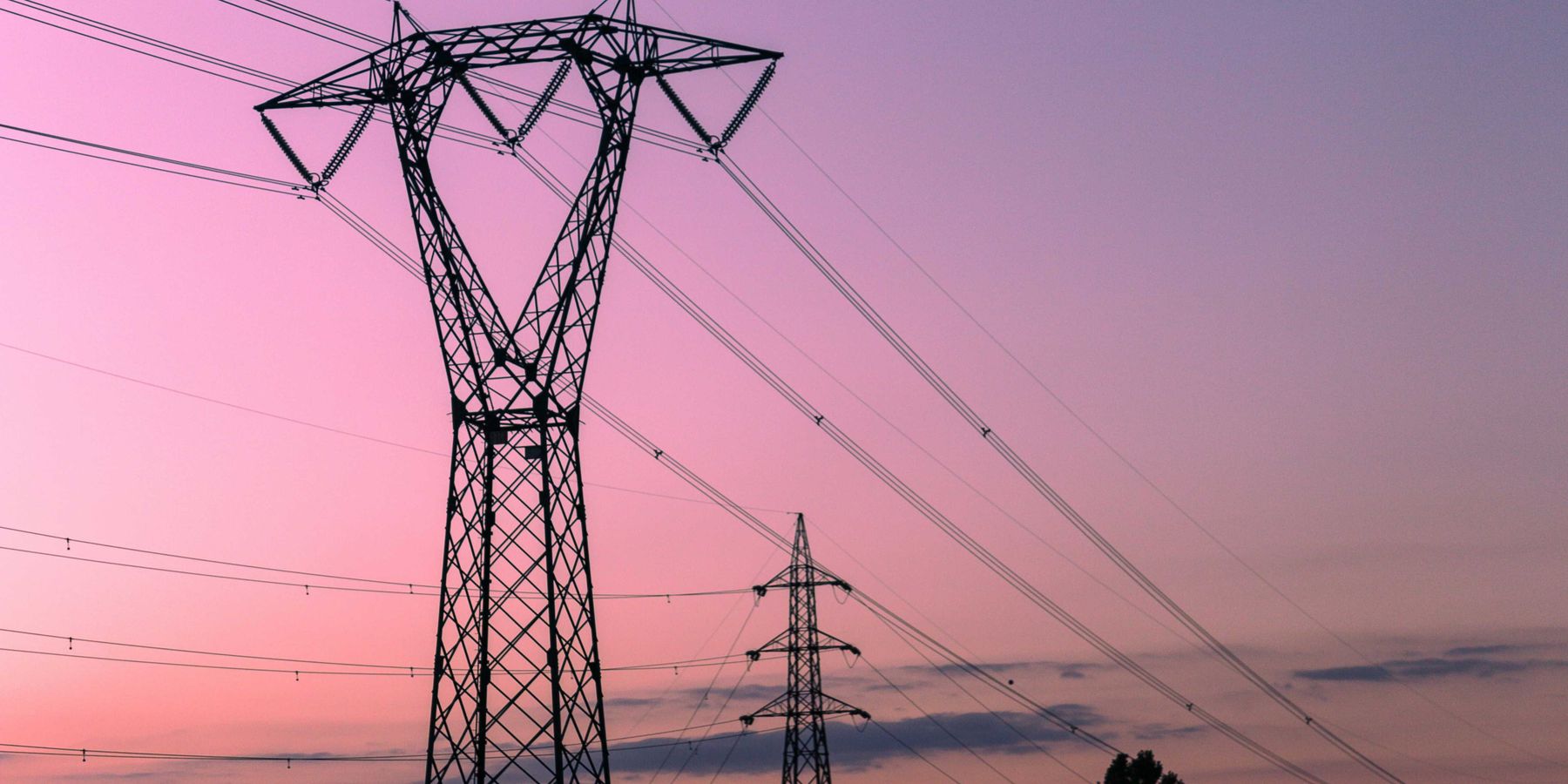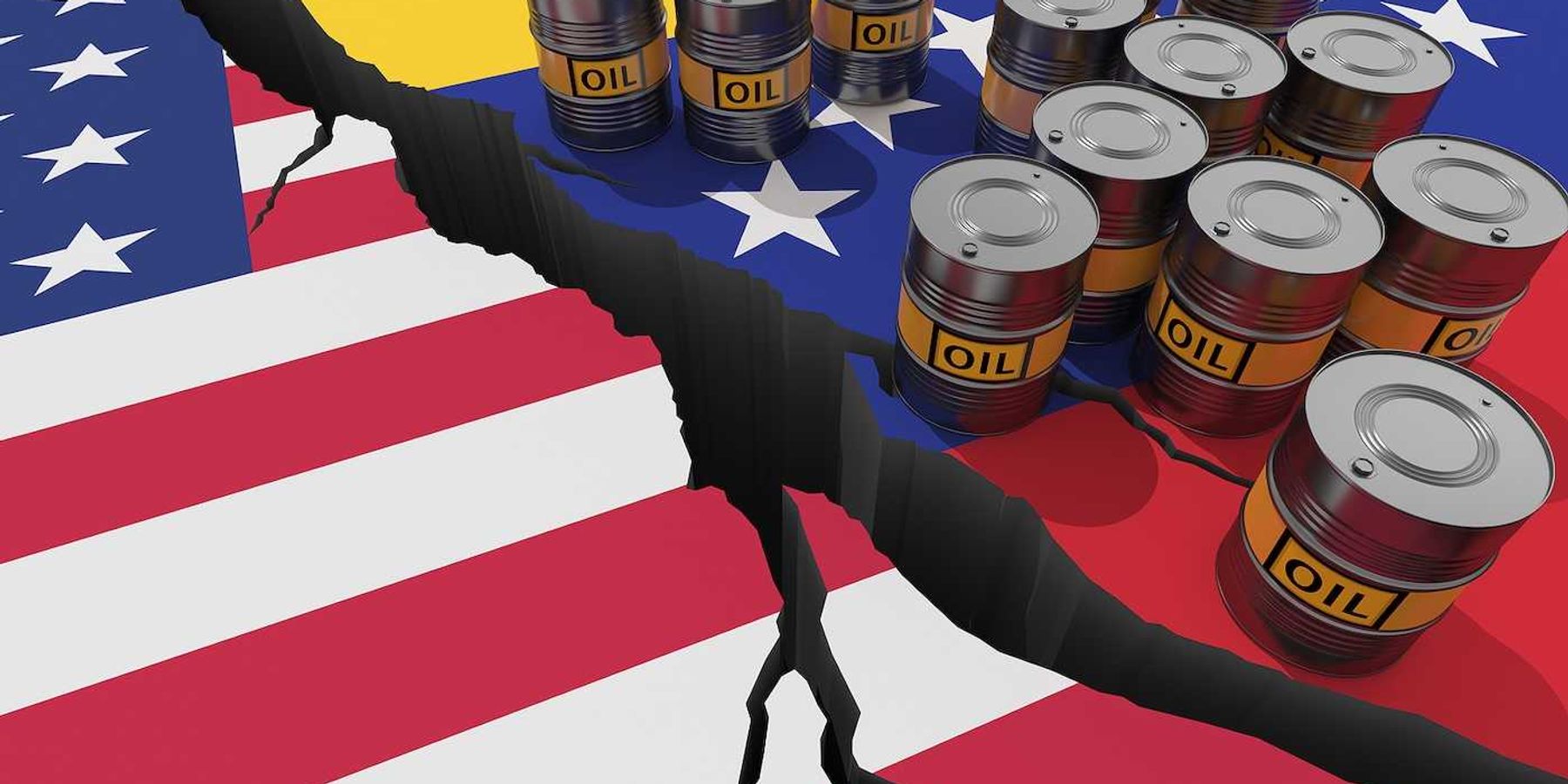Gulf Coast community battles against LNG industry expansion
In Brownsville, Texas, residents are pushing back against liquefied natural gas projects to protect their health and environment.
Claire Elise Thompson reports for Grist.
In short:
- Gulf Coast communities fear that LNG terminals will destroy their local economies, which thrive on eco-tourism, shrimping, and fishing.
- The opposition includes the Carrizo/Comecrudo tribe, who are fighting to protect sacred Indigenous sites from LNG development.
- Local activists, despite the Biden administration's pause on new LNG projects, continue to fight existing projects through grassroots advocacy and strategic pressure on investors and corporations.
Key quote:
"We don’t have good health care here. People can’t afford expensive medical bills. That’s why the communities oppose the LNG projects."
— Bekah Hinojosa, organizer in the city of Brownsville
Why this matters:
Communities such as those along the Gulf Coast are navigating a delicate balance between leveraging their strategic positions in the energy sector and protecting the health, environment, and future prosperity of their residents.
Across the U.S., at least 30 new LNG terminal facilities have been constructed or proposed since 2016, according to the Oil and Gas Watch project. Roughly two-thirds of the facilities will be based near the industry-heavy Gulf Coast, where five LNG facilities are already operational and where at least 22 new facilities are under construction, approved or under regulatory review.

